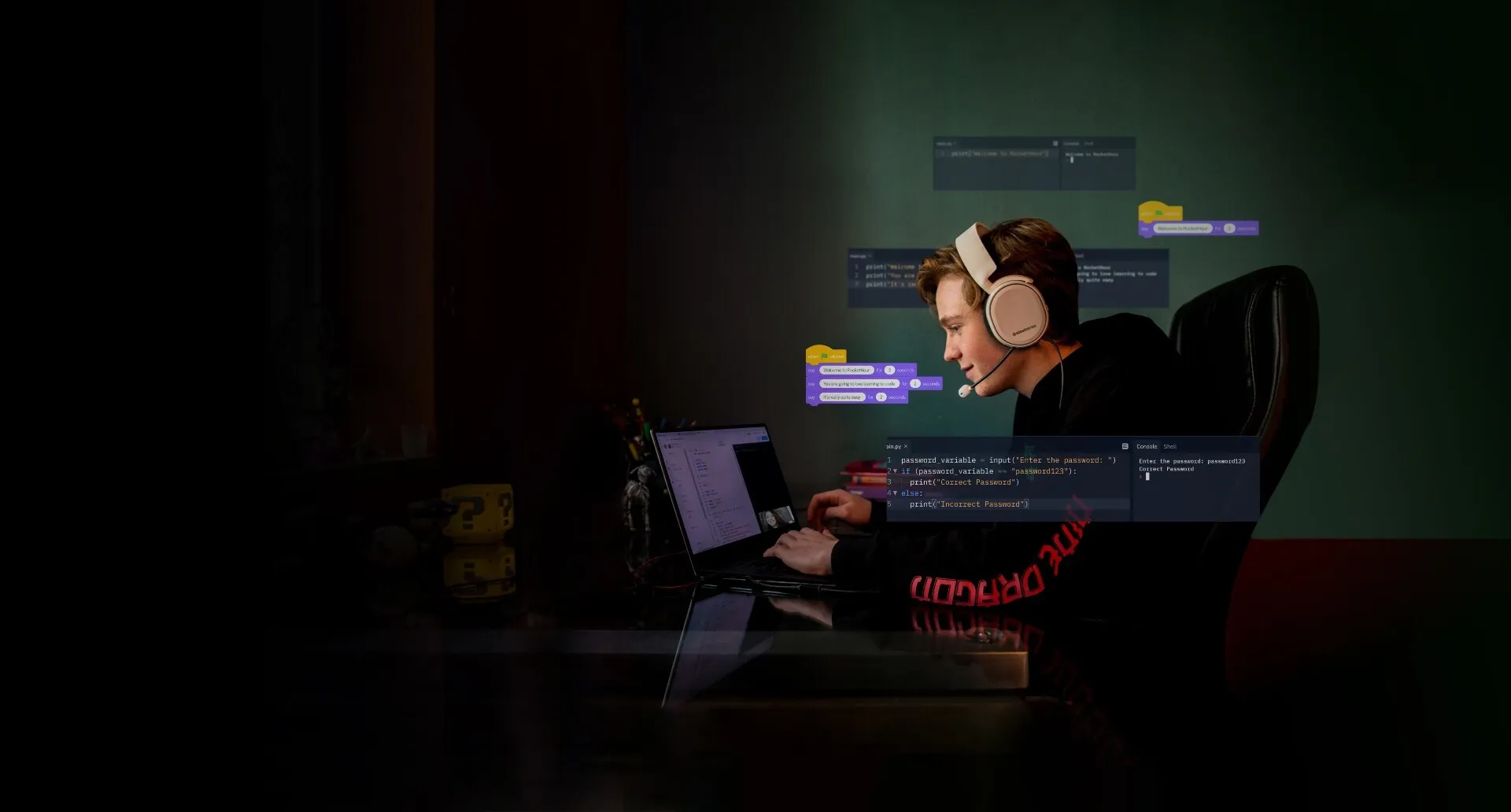The future belongs to
kids who BUILD!
Ignite your child's passion with South Africa's #1 Tech Academy. Secure their future as they learn to build apps, games & websites.
Ages 8 - 15
•Weekly online
•Live coaches
Code
Scratch, Python & Javascript
AI
Midjourney & Cursor IDE
Project Management
Scrum and Agile
Creativity
Design Thinking & Iteration
2025 Application Deadline
9 May, 2025
Remaining Places
10/40
updated 10 May, 2025
Latest Opportunities
Discover our newest courses and resources to help your child excel in the digital world.

Ages 12 - 15
Starting 5 May
Development with AI
A 4-lesson introductory course
Check out our brand new course teaching students to develop websites with the latest AI tools. Perfect for more advanced students who want to explore the future of software development.
View course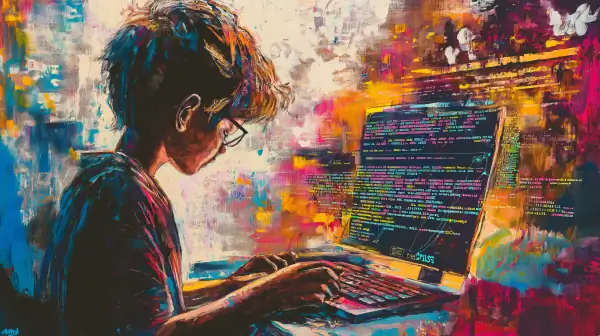
Ages 8 - 15
Starting 19 May
Coding Fundamentals
Our 2 - 5 year flagship program
Test out two free lessons of our flagship code program starting this May. This long term program equips young minds with a solid foundation in coding fundamentals.
Try two free lessons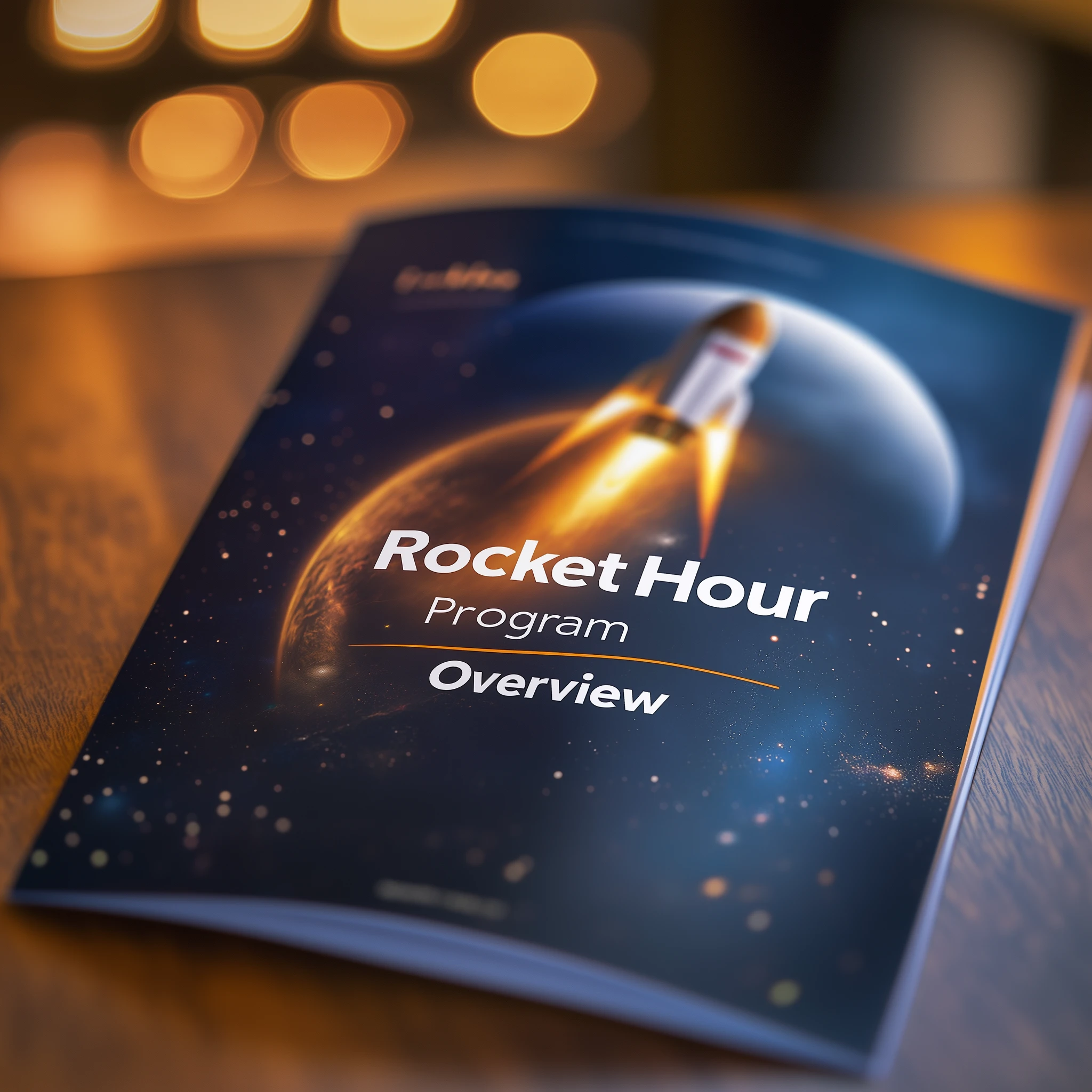
Program Overview
Read the comprehensive guide to the full RocketHour program. Fill in yoru email address and have the PDF sent straight to your mailbox.
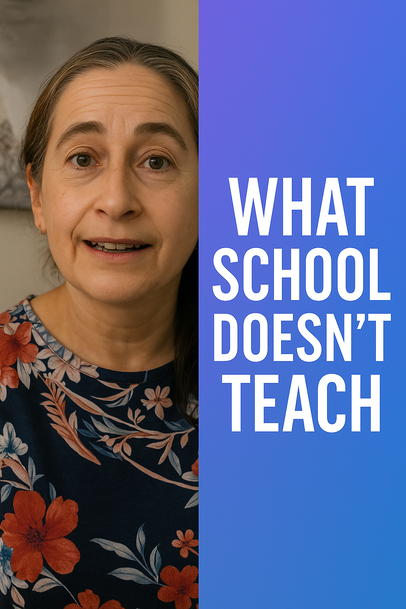
Parent Perspective: Thinking Skills
Hear from Maxine, about the huge improvement she's seen in her daughter's thinking. RocketHour focuses on developing crucial logic and problem-solving abilities – skills often missing from the standard curriculum.
"Rocket Hour has taught her to think logically... It's teaching problem-solving... She's actually questioning: 'I do this, therefore that happens.' And that is a skill that's not taught in school at all." – Maxine, RocketHour Parent
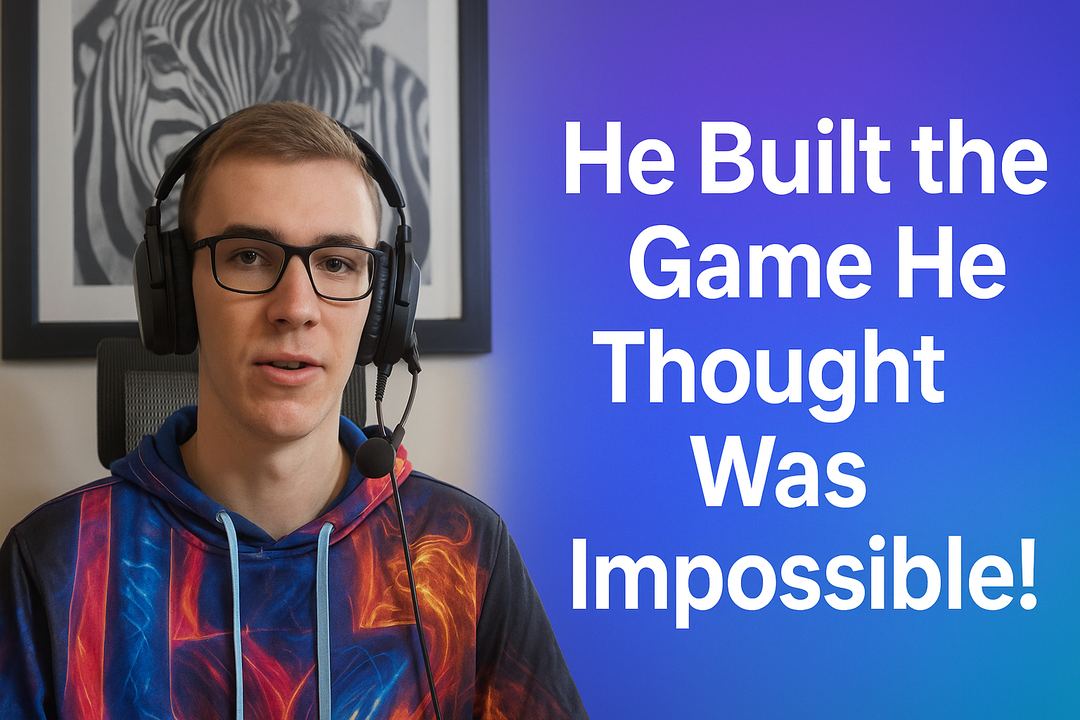
Student Spotlight: Micky's Project
Micky once looked at his complex idea for the "Space Invasion" space shooter and thought, "How would I ever code something like this?... That's not possible." See how RocketHour empowered him to move past doubt and bring his own game to life.
Most kids are passive consumers

Is your child:
Stuck Consuming
Spending hours consuming apps & games?
Trapped in Testing
Focusing their academic efforts on preparing for tests?
Missing Modern Tools
Failing to harness the power of AI and code?
Falling Behind
Not developing the technical skills to stay relevant?
Transform your child into a digital maker
Help your child:
Ship Real-World Products
Build useful apps, games and websites.
Master Professional Skills
Learn the frameworks used by successful entrepreneurs.
Create Their Portfolio
Create a portfolio of working digital products.
Join the Innovation Tribe
Join an active community of young innovators.
How RocketHour Lessons Work
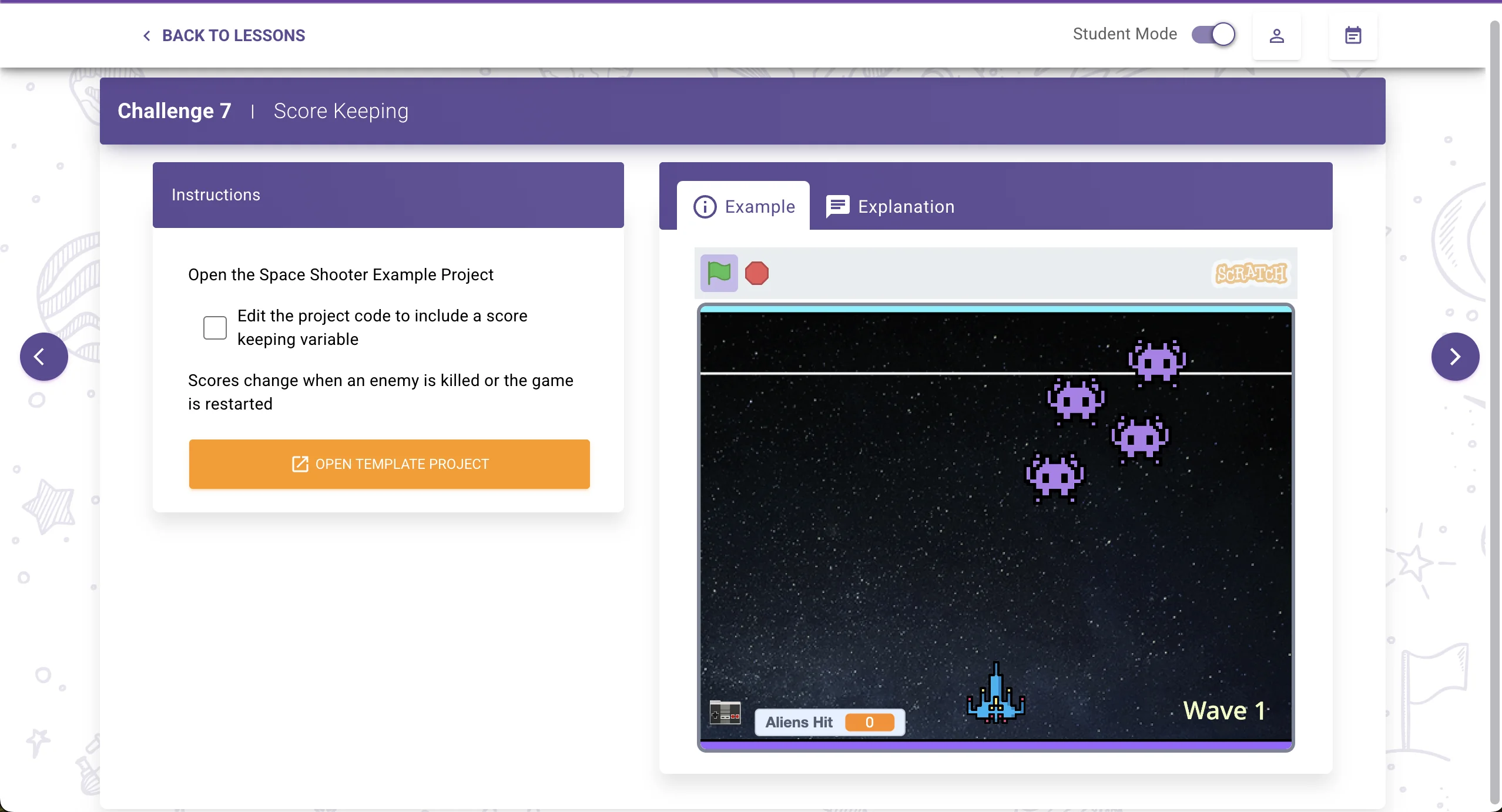
Weekly Skills Building
Your child masters a new coding, AI, or product development concept each week.
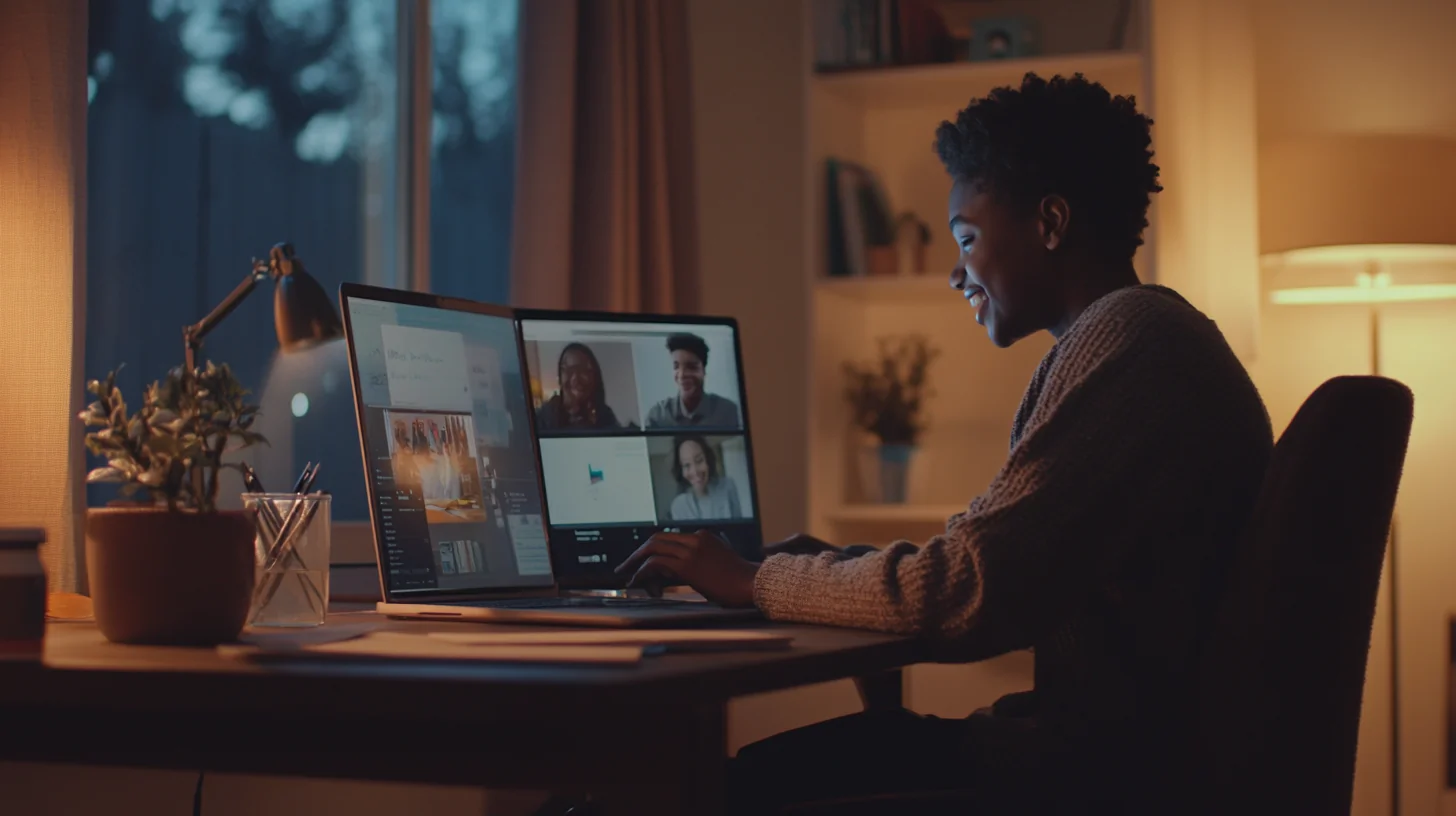
Community of Learning
Your child joins 3-7 other young creators who support each other with advice, help, and laughs.
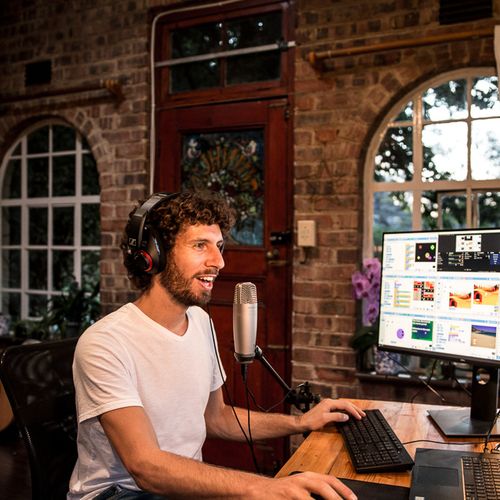
Expert Guidance
A dedicated tutor provides real-time instruction and support, bringing out the best in your child and the group.
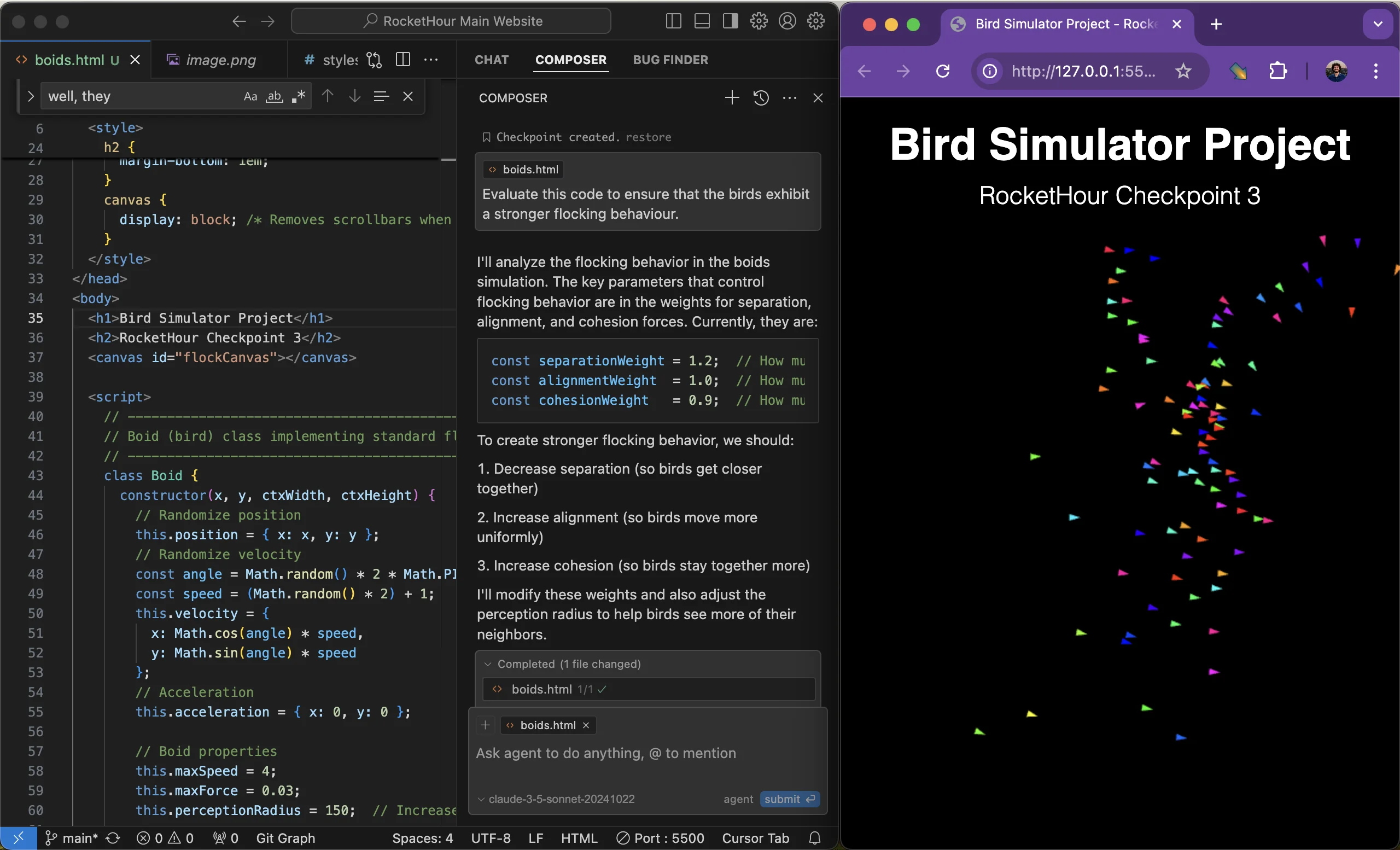
Real Project Creation
Every 7 lessons, your child builds a new digital project for their growing portfolio.
Hear from our Parents
Real stories from real families experiencing the transformation.

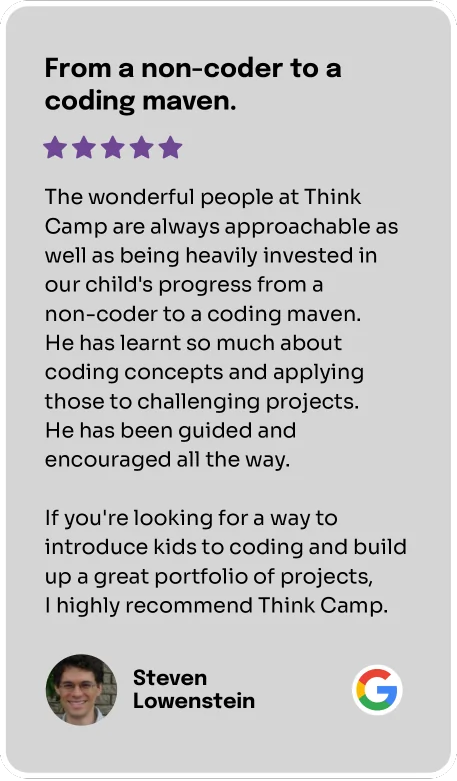
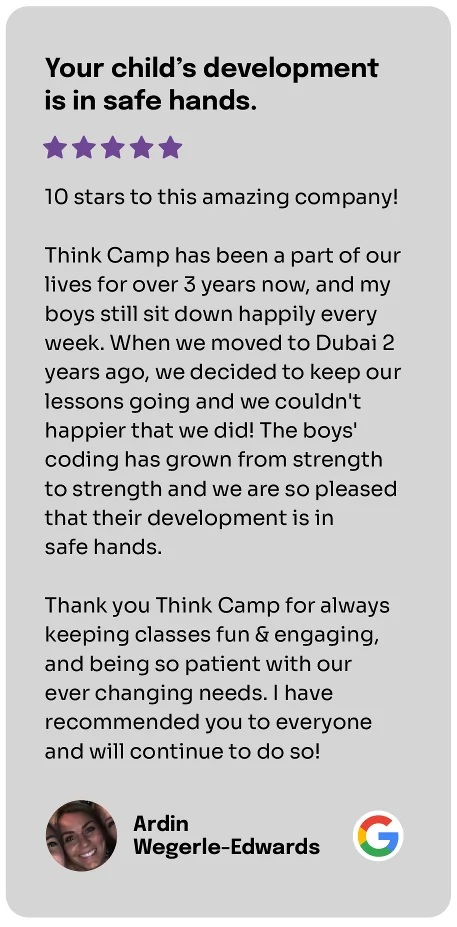

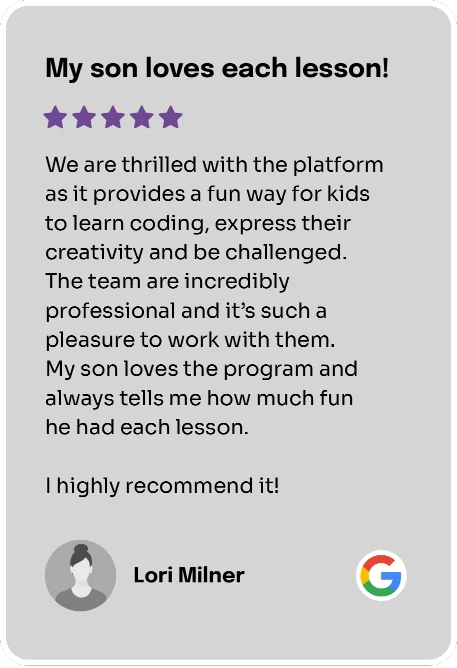

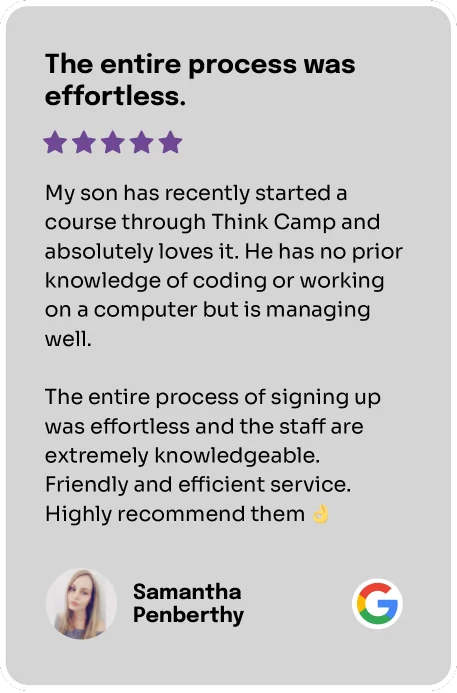
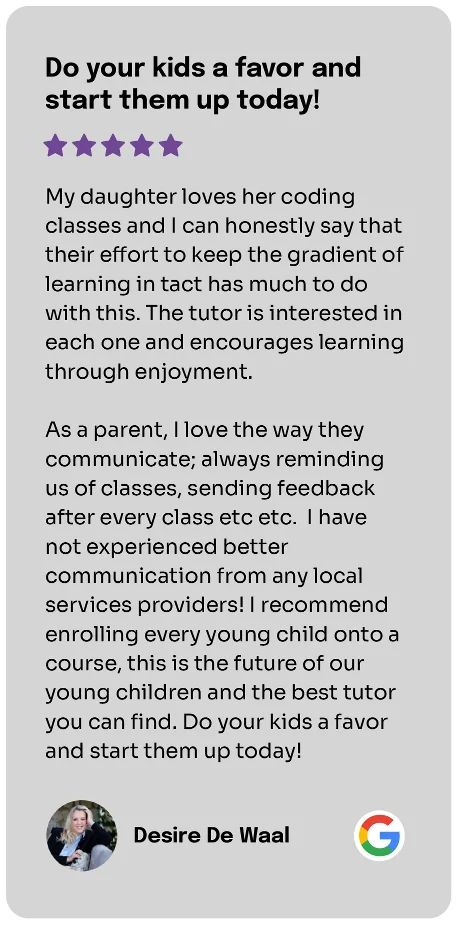
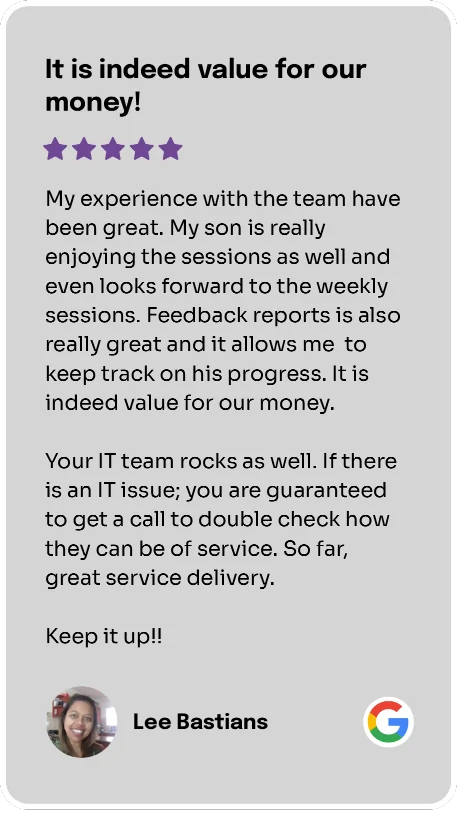
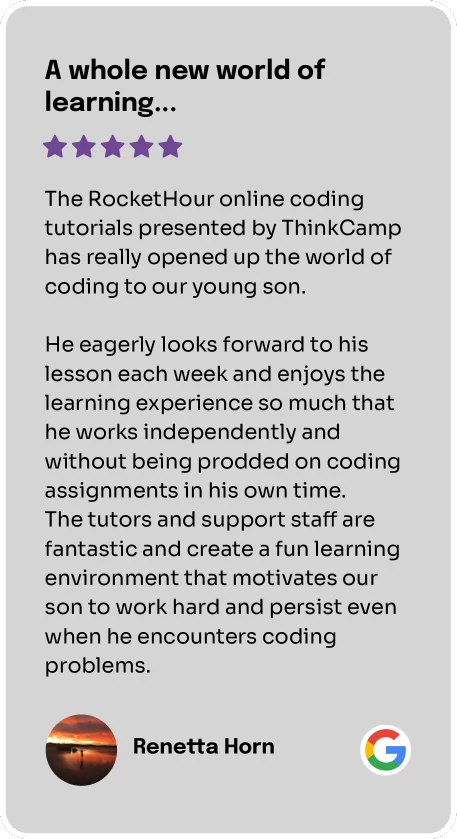
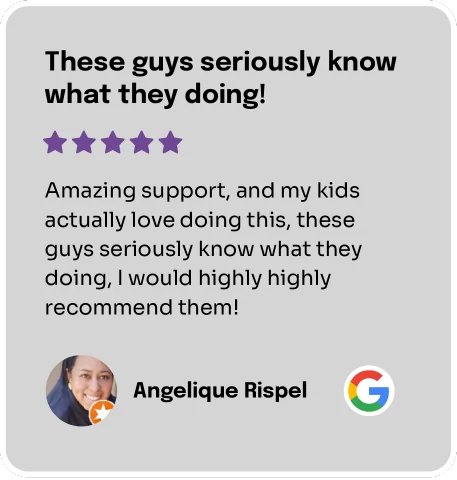
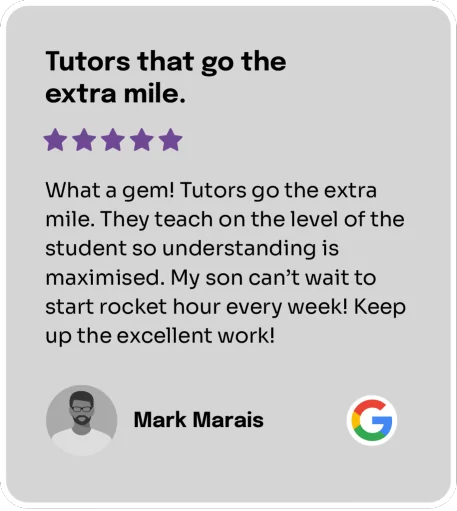
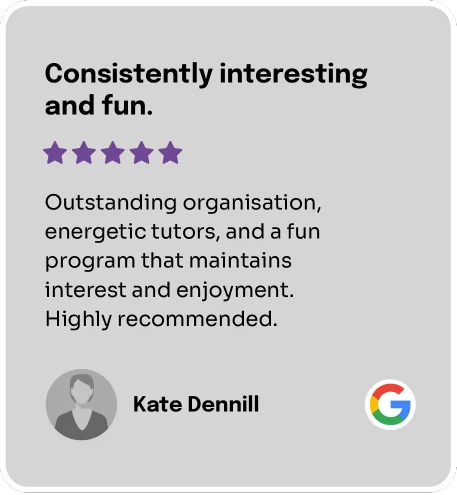
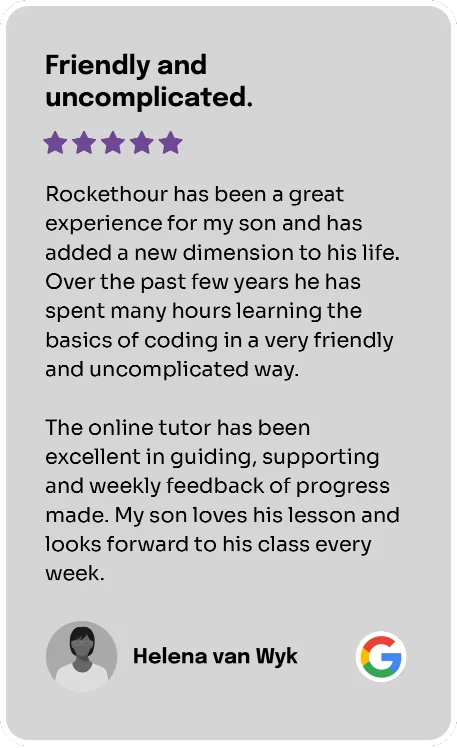

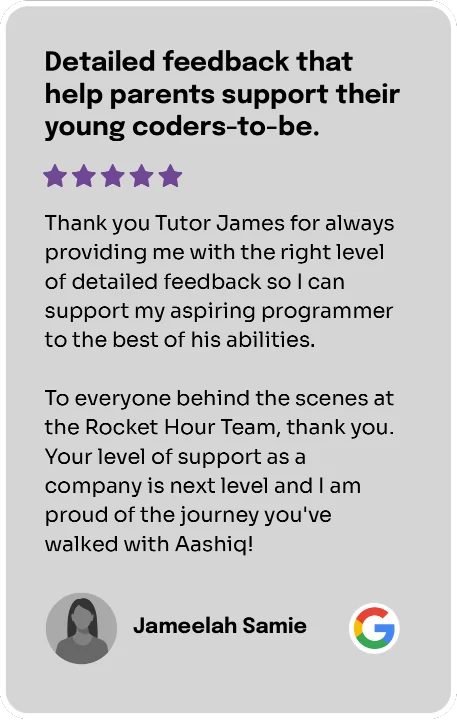
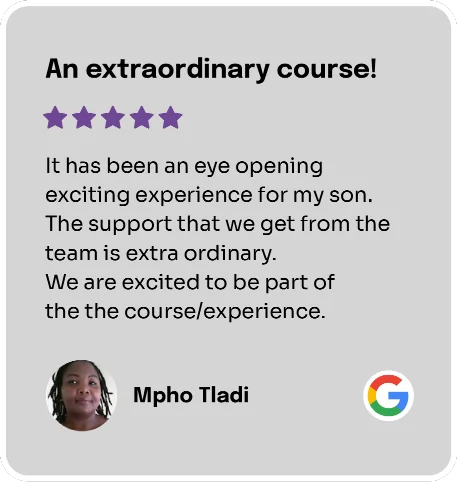
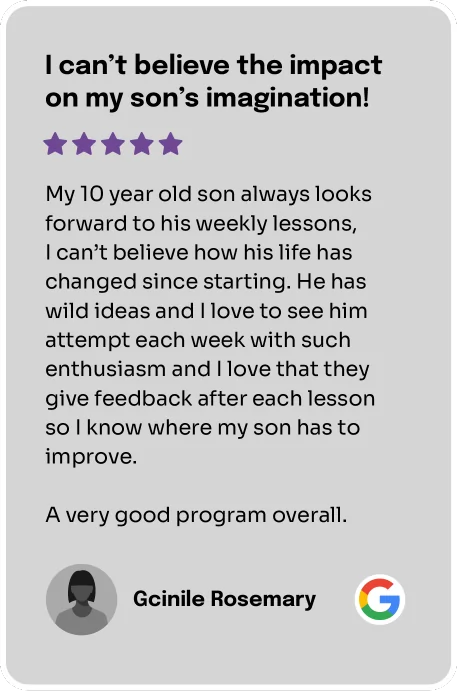
Students from 50+ Leading Schools
Working with students from South Africa's most prestigious educational institutions


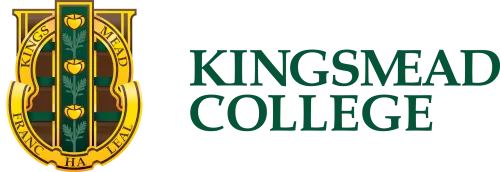

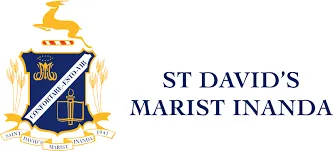

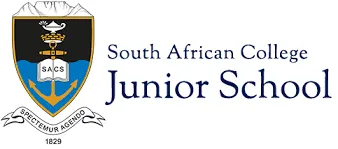
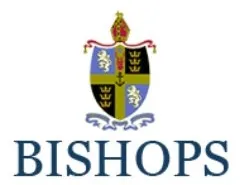
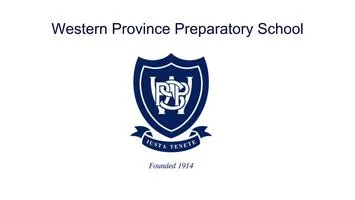
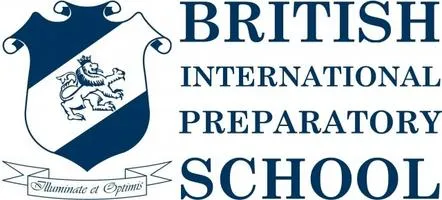
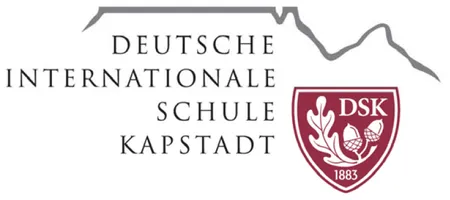
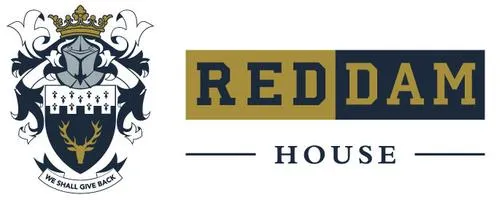
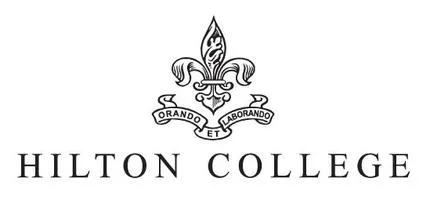
People Matter!
Our tutors have the knack of lighting fires of passion. They are role-models who know just when to crack a corney joke.
Try two free weeks, then pick your package
Test out RocketHour with a RISK FREE two week trial. Your child will meet their tutor and get a feel for the academy.
All Packages Include
Weekly RocketHour lesson
Flexible scheduling
Weekly tutor feedback
Project reports & certificates
Dedicated, proactive Learning Support Team
Parent webinars
Monthly Payment
Recurring monthly billing
No lock in / cancel any time
Paid over 11 months
Paid on the 28th of each month
Annual Payment
Recurring annual payment
Pro-rata refund available
Save R1,350
Covers 40 lessons
* Sibling discount of 7% available on all packages
Frequently Asked Questions
Program Overview & Fit
We work with students aged eight to fifteen. Students need to be turning eight in the year they enrol with RocketHour.
No prior experience is needed.
Our four RocketHour tracks: pre-beginner, beginner, intermediate, and advanced are designed for students of different ability and experience. Our learning team will have a conversation with you to gauge your child's coding and technology experience along with their latent ability. These factors, in combination with their age and disposition are all taken into account when advising on a track placement.
We mostly get it right but sometimes a student does need to be moved into a different track. Often this is due to personal growth that makes a 'good fit' a 'not-so-good' fit after some time. As soon as we pick up on the need for a track movement, we will proactively reach out to parents to suggest it.
No. Our methodology relies on harnessing the power of a Community of Learning. We are not merely teaching technical skills but instilling powerful mindsets that require interacting with a community. Working in a group of three to seven like-minded peers is part and parcel of our unique process.
Technical Requirements
1. A PC or Mac with at least 8GB RAM and a four-core CPU. As we are using many different applications while simultaneously sharing a video link, we have found this is the minimum viable technical setup.
2. A webcam and microphone. Our Community of Learning requires students to enter discussions with their tutor and other classmates - this requires them to be able to hear and see each other.
3. An external mouse. We are learning to use a computer as a powerful tool. An external mouse allows for precise control where a trackpad can be a bit fiddly.
A fast and stable internet connection with a download speed of at least 20 Mbps and upload of 20 Mbps is required.
Yes. Our academy requires some basic software setup - including our communication platform and our screen control tech. We use industry-standard software with the highest safety standards.
This is a very legitimate concern. Screen Control Technology allows our tutors to take control of a student's screen during the lesson to provide hands-on technical assistance and personalised instruction. It is an incredibly useful technology that adds a lot of value to our lessons. When students are stuck, their tutor can intervene directly and show then exactly what to do. Screen connections can never be made without the user accepting them and after running over 80, 000 lessons, we have not had one security incident.
Learning Approach
We work extensively with code. Not only is code still an important fundamental technical skill but it is also an incredibly powerful Thinking Framework. However, like with AI, our goal is to teach the logic of code by focusing on the universal coding structures that exist in all coding languages - conditional statements, loops, variables, functions, etc. This is in alignment with tertiary-based coding instruction. Of course, in order to do this, we must work with specific languages. We use MIT's Scratch, LiveCode, and Python.
MIT's Scratch was produced by MIT's Media Lab - one of the most respected knowledge hubs for creative development, itself embedded in one of the most respected technical universities. Scratch is a powerful platform that is used in both Harvard and Yale's first-year Computer Science courses. However, because many schools use Scratch with primary school age learners - some may view it as a 'basic' platform. In our experience, very few students come to us with strong technical knowledge of Scratch. They mistake familiarity with mastery. After a little time in the program, most parents and students come to see Scratch as a valuable platform for developing computational skills.
AI is an evolving space. There are recent models and platforms available to the public that are an order of magnitude more advanced than a year ago. This incredible rate of change is likely to continue for a long time. For this reason, we use AI tools to teach our students skills likely to be useful after a further decade of change.
Long story short - we focus on skills over tools. For example, an image generation platform like Midjourney or Recraft can be a powerful tool for working with ideation and iteration. An AI coding platform like Cursor can be a powerful tool for working with Product Development. However, while using these tools, the ultimate goal is skill development (ideation, iteration and product development), not platform familiarity. The particular tools (Midjourney, Recraft, Cursor) are unlikely to exist in their current form for many years.
Yes, after every Checkpoint Project, students receive a comprehensive progress report and certificate. These are integrated into their Portfolio of Learning along with their project, the project brief and in some cases, a dedicated video they produce illustrating their Learning Journey.
No, we do not use grades at RocketHour. When grades are awarded, students (and parents) start to focus on them rather than learning. It is possible to score high grades with little learning - through copying work, cramming, or choosing an unambitious project. Likewise it is possible to score low grades with lots of learning. Our reporting process is designed to reinforce a Growth Mindset and help your child celebrate maximum learning.
Schedule & Attendance
RocketHour classes run at 15:30, 16:30 and 17:30, Monday to Thursday, and they are 60 minutes in duration. Before starting with us, you will pick your preferred timeslot from a list of possible options.
No problem, schedules change. Simply reach out and we will try our best to accommodate changes.
If possible, we reschedule another lesson at a time slot that is suitable for you. However, if no such timeslot exists students have access to all lesson materials and can catch up in their own time.
We are on break for the following twelve weeks of the year: 31 March - 6 April (one week), 28 April - 4 May (one week), 30 June - 20 July (three weeks), 29 September - 12 October (two weeks), 8 December - 11 January (five weeks).
While there are always forty lessons over the course of the year, the exact number of monthly lessons varies based on our term calendar. For instance, due to holidays there are only two lessons in the month of July.
No, we have set intake dates four times a year. The next intake date is 17 February.
Tutors & Teaching
Passionate young people come to us from all areas of life. They are often attracted to our unique teaching methodologies and curriculum. We do thorough interviews, searching for exceptional creativity, competence and exemplary conduct.
Our tutor training is notoriously rigorous. From the first interview, we warn prospective tutors that this is no regular work gig. Our training is ten weeks of intensive instruction, practice and reflection. Our aim is not only to produce the best tutors but to equip them with Mindsets and Skill Sets that they will carry for a lifetime.
Sure :-) Drop us an email and we will send you the application docs.
We communicate frequently! All parents receive a personal message from the tutor each week, the day after class with an update on how the lesson went and what your child can focus on practicing.
Payment & Policies
Payment is made either annually or as a monthly subscription. We use Payfast as our chosen payment gateway (used by Takealot). Monthly subscriptions run automatically on the 28th of each month. There is no payment made in December, therefore, over the course of a full year, eleven payments are made for a total of forty lessons.
Cancelling is super simple. You just inform us that you will not be continuing. If you do this before your monthly subscription goes off, this saves some admin time.
We value simplicity and honesty. There is nothing more frustrating than predatory pricing practices that leave you locked in through confusing T&Cs (Adobe, cough, cough!). We believe that by making it as easy as possible to cancel, we retain customers because they love what we do.
We recognise that for many South African families, our pricing is high. However, we believe the quality of our academy is world-class. In the long run, you need to carefully evaluate our program and decide if it is a worthwhile investment that will pay dividends over the lifetime of your child.
About RocketHour
Our team is spread all over South Africa—specifically, Joburg, Cape Town and Hilton, KZN. Our head office (home) is in Simon's Town, Cape Town, where we are inspired by the penguins and the sea.
RocketHour started under the name 'Think Camp' in 2017. We started running tech-focused holiday camps in Gauteng. During this period, we worked with over 2,500 students - many of whom are now working in high-profile IT careers or studying in the field. In 2020, in response to Covid, we pivoted online and purpose-built an online tech academy. In 2023 we rebranded as RocketHour - a mission that is still in progress.
One day, we would like to be a real-time school. We are testing out fresh methodologies and approaches to education in the form of our online academy that we could never do in a real school environment. However, our multidisciplinary team is passionate about holistic education and would love to put our ideas into practice in the form of a full-time in-person learning academy.
We run regular webinars for RocketHour parents to help keep them up to date on more technical aspects of the academy. However, we do not offer dedicated classes to adults.
No, we do not have the systems in place to successfully implement our program in external organisations. However, we are committed to improving approaches to educational innovation in South Africa and abroad. In this light, our team is always excited to chat over our philosophy and to share ideas.
Accreditation is great - programs like the ICDL Foundation help raise digital competence standards across the world. However, such accreditation can be a straight-jacket on creatively crafting a curriculum. We think and reflect deeply on both the theory and practice of our learning. We are fully confident that the skills and mindsets we develop in our students are a testament in and of themselves.
Check out our Google Reviews - you will find people have been loving the work we do since 2017. In 2022 we won the Nedbank Business Ignite - https://www.youtube.com/watch?v=ONfal1crHt8. Finally, sign up your child for our two-week free trial and get a risk-free taste of our program.
Contact us via hello@thinkcamp.co.za and we will be delighted to share our thoughts, experiences and story.
